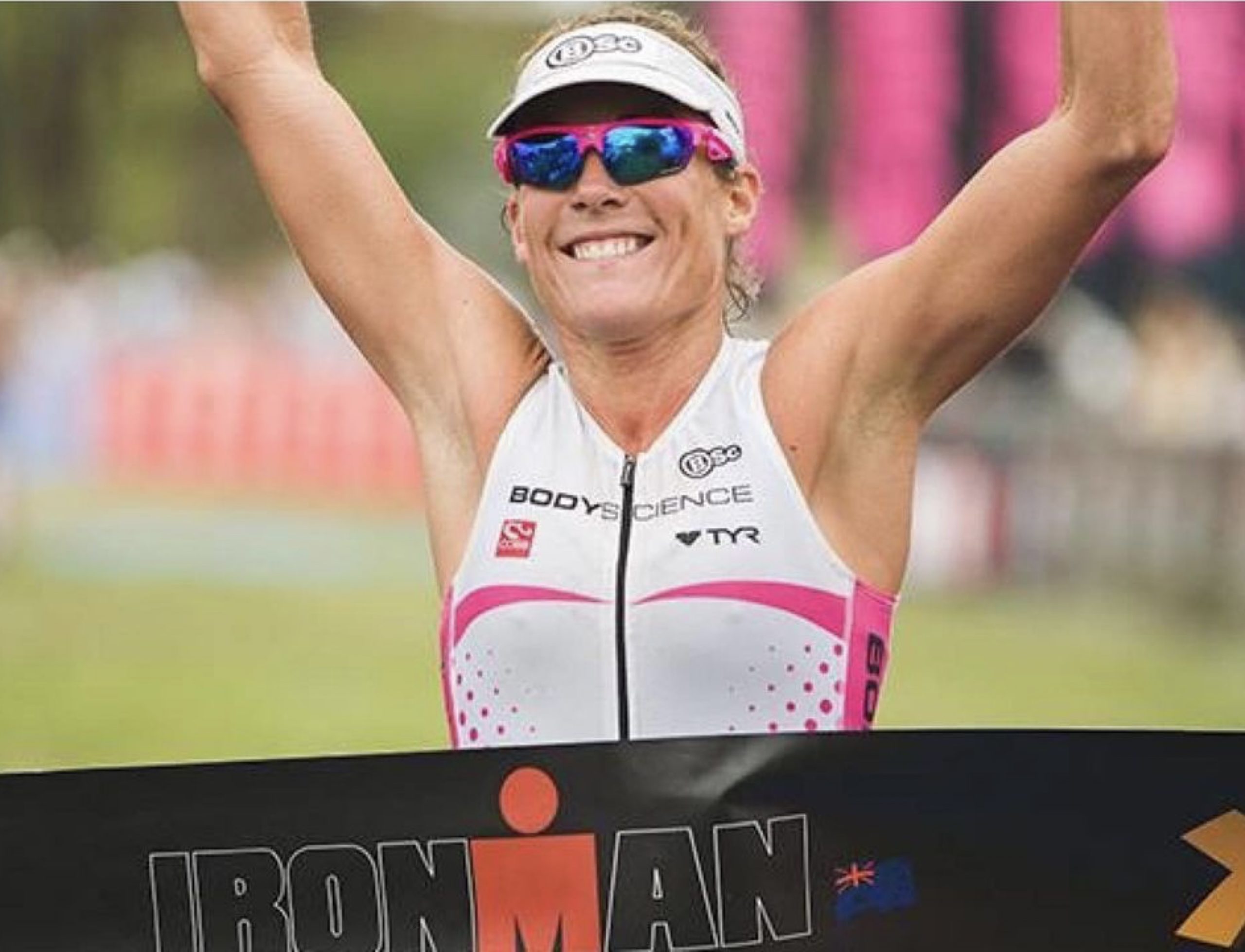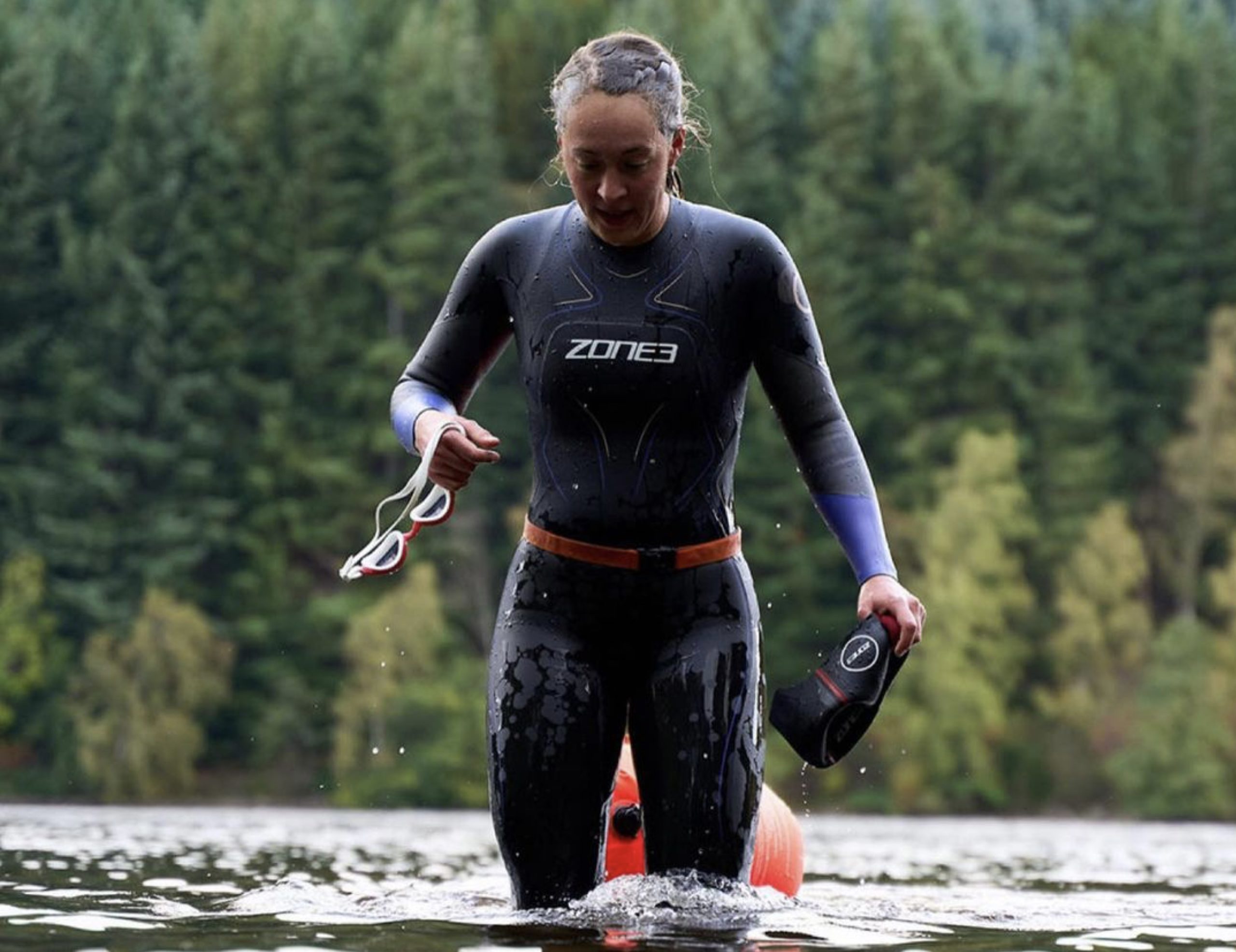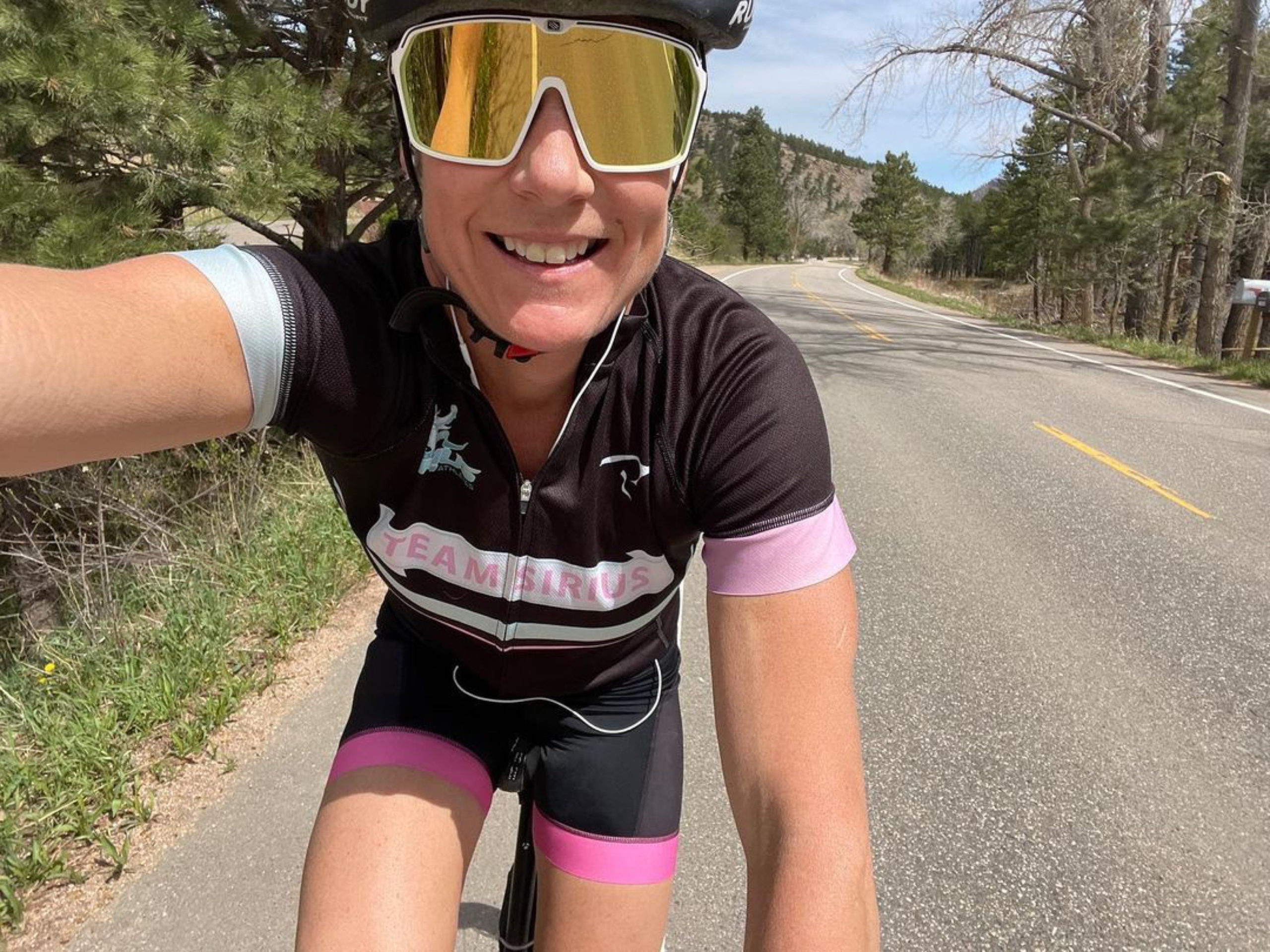The Endurance Athlete’s Taper Week Guide Part 2: Your Training Plan
Former Triathlon World Record Holder Rebekah Keat shares her training guide and plan taper week leading up to your big race.

Part Two of our Taper week guide takes us to the body, how do you train in that final week leading up to your race. Be sure to check out Part 1 for your taper week meal plan.
You’ve spent months putting in early mornings at the pool and on the trainer, meticulously balancing your training and life schedule and fueling your body for success. All the hard work is done and race week is upon you. Now it’s time for the infamous taper week leading up to your race.
But what is taper week? Why is it necessary?
Founder and head coach of the world renowned triathlon club Sirius Tri Club, Rebekah Keat, helps uncover the importance of taper week and provides a breakdown of how she has her athletes taper leading into their big races.
What is a Taper Week?
Taper week is typically referred to as the week leading up to an athletes’ ‘A’ race, though it can be longer or shorter depending on the event.
Tapering allows the body to replenish and regulate itself. During training, athletes put high levels of stress on the body that regularly depletes glycogen stores, forces muscle development and disrupts hormone levels.
Allowing optimal recovery ensures the athlete enters race day at 100 percent thus increasing the likelihood of achieving peak performance.

Last Minute Training Causes More Harm than Good
There is a common misunderstanding that athletes lose fitness during a taper. It can cause athletes to panic train, resulting in additional fatigue leading up to the race.
The reality is that it takes up to six weeks for any training to generate adaptations to the body. Therefore, putting in hard work in the days leading up to a race may actually have negative physiological effects.
What Does a Taper Week Look Like?
This will vary depending on the event the athlete is participating in. For sprint, Olympic and 70.3 distance races, we start our athletes’ taper seven to 10 days out. For longer races such as full Ironman distance, we’ll start tapering two weeks out.
For the short and middle distance races, we reduce the training intensity, length and time by about 50 percent leading into race week. For long course/full Ironman races, intensity is reduced by 50 percent two weeks out and further reduced down by 60-70 percent in the final week.
Going from high intensity to low intensity can lower the muscle tension in your legs, leaving you feeling a bit sluggish. You’ll see in our plan we incorporate short, speed work race week (ex 20sec to 1 min max) to keep that feel good speed in the legs and fire those fast twitch fibers for race day.

Nutrition and Recovery
Nutrition is all about keeping the tank full during taper week. This goes for glycogen storage, water and electrolytes. Athletes should focus on water intake and stay well hydrated. Electrolytes are important but don’t overdo it as the workload is significantly lighter.
Carbohydrate loading is imperative in the two days prior to shorter and middle distance races, and three to four days prior to an Ironman. The key is to focus on low glycemic index and low fiber foods. And remember, nothing new on race day. (Check out Part 1 of our Taper Week guide)
Sleep is a key. Most of the body’s healing work is done while we are in deep sleep. We recommend our athletes get seven hours of sleep, plus one hour for every hour spent training, if their schedule allows.
Full Taper Week Training Plan
Sign up below to receive our Free training Plan
***
Rebekah Keat is the founder and head coach of triathlon club Team Sirius. She brings 25 years experience at the top of the sport and her accolades include 30 plus Ironman distance and half Ironman distance podiums.

